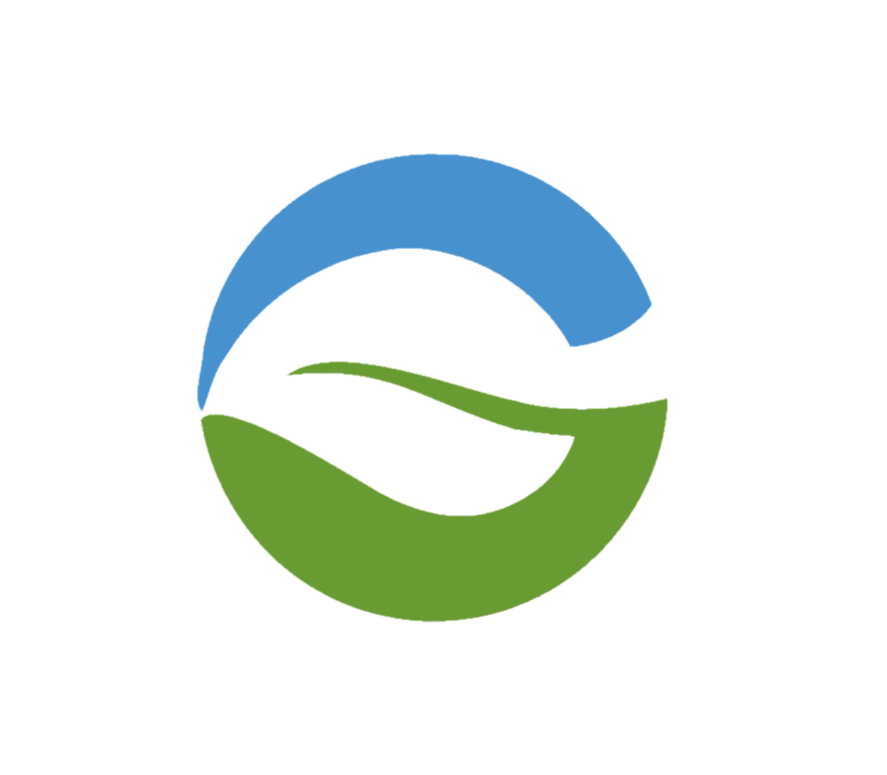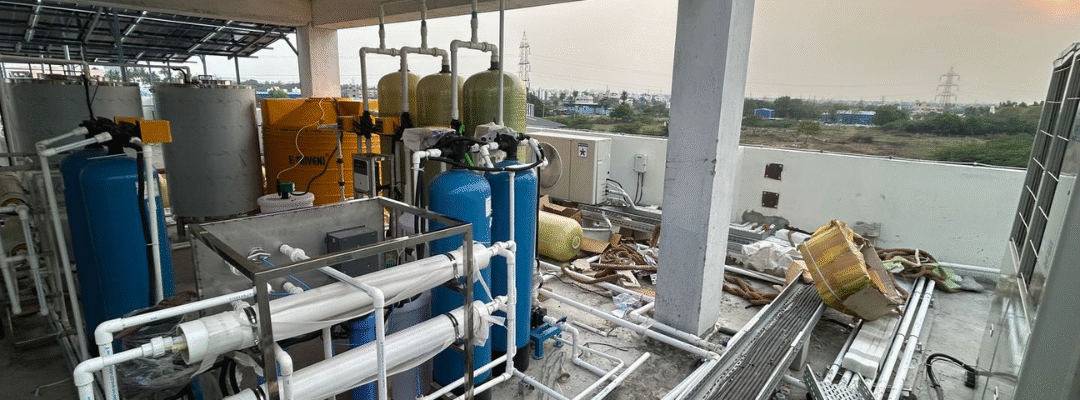Chennai’s water supply — whether sourced from borewells, municipal pipelines, or tanker trucks — often contains elevated levels of dissolved salts, calcium, magnesium, and iron. This condition, known as hard water, causes serious issues: scale buildup in pipelines, damage to appliances, dull laundry, and reduced efficiency in industrial equipment like boilers and chillers.
Installing a Reverse Osmosis (RO) Plant is one of the most effective and long-term solutions. RO systems not only remove hardness-causing minerals but also deliver clean, safe, and soft water for residential, commercial, and industrial use.
1. Understanding Hard Water Challenges in Chennai
In many Chennai localities, hard water often exceeds 300–800 ppm TDS (Total Dissolved Solids) — especially from coastal or borewell sources.
Common Issues Caused by Hard Water:
- Scaling: White residue on faucets, pipelines, and water heaters.
- Appliance Damage: Reduces lifespan of washing machines, dishwashers, geysers.
- Skin & Hair Irritation: Hard water causes dryness, itching, and dullness.
- Industrial Efficiency Loss: Scaling in chillers and heat exchangers increases energy use.
- Unpleasant Taste & Odor: Caused by excess salts and metals.
2. How RO Plants Treat Hard Water Effectively
A Reverse Osmosis system pushes water through a semi-permeable membrane to remove 95–99% of dissolved solids, including calcium, magnesium, and iron.
RO Plant Process Flow:
- Pre-Filtration: Removes sediments and larger particles.
- Activated Carbon Filter: Eliminates chlorine and organic matter.
- RO Membrane: Removes hardness-causing minerals (Ca, Mg, Fe, Na).
- Post-Treatment: Adjusts pH, improves taste, and ensures safe water.
The result: soft, mineral-balanced water ideal for homes, hospitals, restaurants, and manufacturing facilities.
3. Types of RO Solutions for Chennai’s Hard Water
A. Domestic RO Systems
Ideal for homes using borewell or tanker water.
Features:
- Under-sink or wall-mounted models
- Multi-stage purification (RO + UV + UF + Mineralizer)
- Compact design, low maintenance
Best For: Apartments, villas, clinics, and small offices.
B. Commercial RO Plants
Designed for medium-scale operations needing continuous clean water.
Capacity: 250 LPH – 2000 LPH
Applications:
- Cafes, Restaurants
- Schools & Hostels
- Hospitals & Hotels
- Small Manufacturing Units
Benefits:
- Prevents scaling in kitchen and laundry appliances
- Improves hygiene and water quality standards
C. Industrial RO Plants
Engineered for high-TDS borewell water used in large industries.
Capacity: 2000 LPH – 10,000+ LPH
Applications:
- Textile & Dyeing Units
- Pharma Manufacturing
- Power Plants & Chemical Processing
- Automotive and Beverage Plants
Key Features:
- 80–90% water recovery
- Long membrane life with pre-treatment
- Optional PLC/SCADA automation
- Reduces maintenance in boilers and chillers
4. Why RO Plants Are the Best Hard Water Treatment Option
- Removes Hardness Fully – Eliminates calcium and magnesium ions.
- Extends Equipment Life – Prevents scale in geysers, boilers, and chillers.
- Improves Water Taste – Removes metallic or salty flavors.
- Saves Operational Cost – Reduces heating bills and scaling downtime.
- Hygienic & Safe Water – Suitable for drinking, cooking, and industrial use.
- Custom Built – Designed to match Chennai’s water quality and TDS levels.
5. Why RO Is Essential for Homes & Businesses in Chennai
Chennai’s saline-rich and mineral-heavy water makes conventional filters ineffective. RO systems target specific minerals, maintaining safe TDS levels and delivering better water for every application.
Common Use Cases in Chennai:
- IT Parks & Tech Campuses (cooling & cafeteria use)
- Textile & Printing Facilities
- Hospitals & Labs
- Apartments & Villas
- Cafes, Hotels, Cloud Kitchens
6. Tips for Choosing the Right RO System in Chennai
When investing in an RO system, consider:
- TDS Levels in your source water
- Required Output (Liters per Hour)
- Power Availability & Space Constraints
- Automation Needs (manual vs. PLC-controlled)
- After-Sales Support & AMC Options
Expert Tip: For borewell water above 1000 ppm TDS, choose a RO + UV + Softener + Antiscalant configuration for best long-term efficiency.
7. Work with a Trusted RO System Expert
Choosing a professional RO solution provider ensures:
- On-site water testing and custom design
- Use of premium membranes (DOW, Toray, Hydranautics)
- High-quality dosing pumps and automation panels
- AMC, warranty, and operator training support
- Energy-efficient systems with high durability
Frequently Asked Questions (FAQs)
Q1. What TDS level is considered hard in Chennai?
→ Water above 300 ppm TDS is considered hard and often needs RO treatment.
Q2. Can RO systems completely remove hardness?
→ Yes, they eliminate up to 99% of calcium, magnesium, and other hardness-causing ions.
Q3. How often should RO systems be serviced?
→ Every 3 to 6 months depending on water quality and usage volume.
Q4. Is RO water safe for industrial boilers?
→ Absolutely. It prevents scale and prolongs equipment life.
Q5. Do domestic RO units work for borewell water?
→ Yes, especially if they include UV, UF, and TDS control features.


Recent Comments